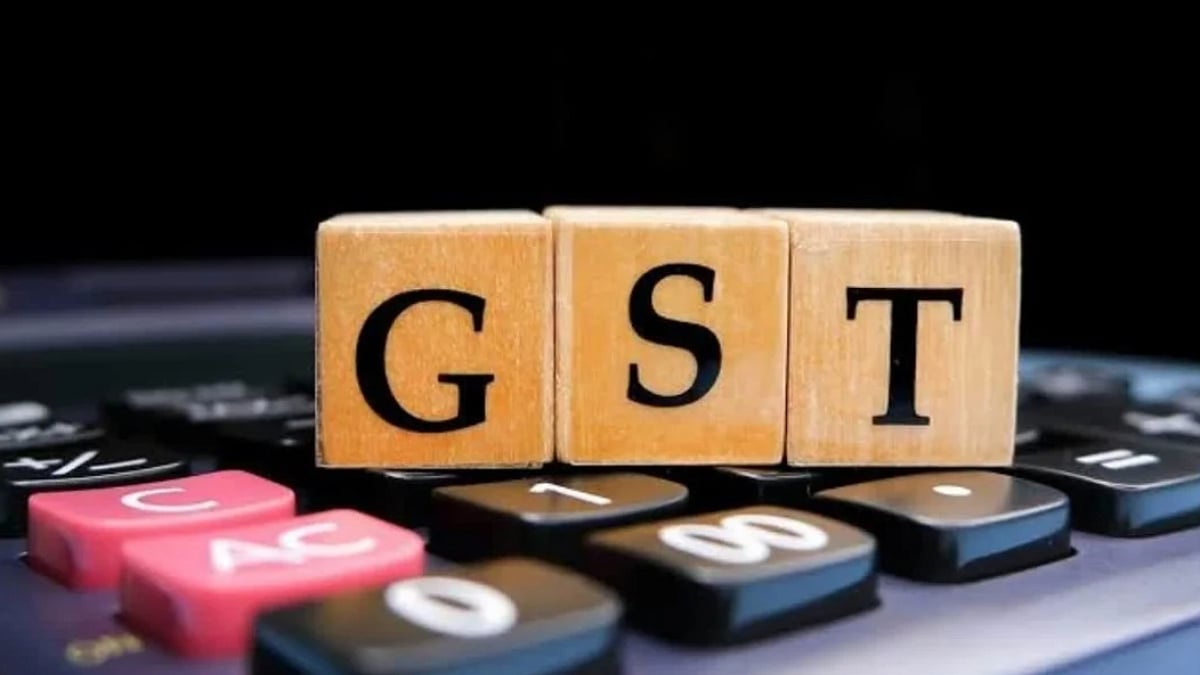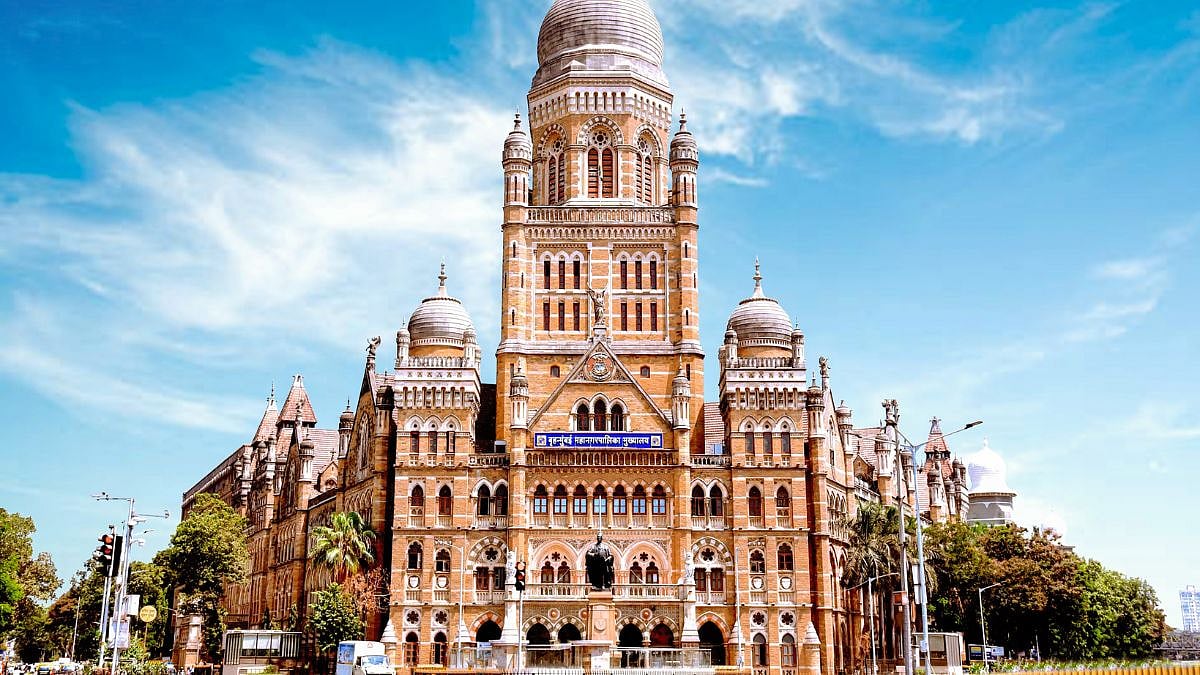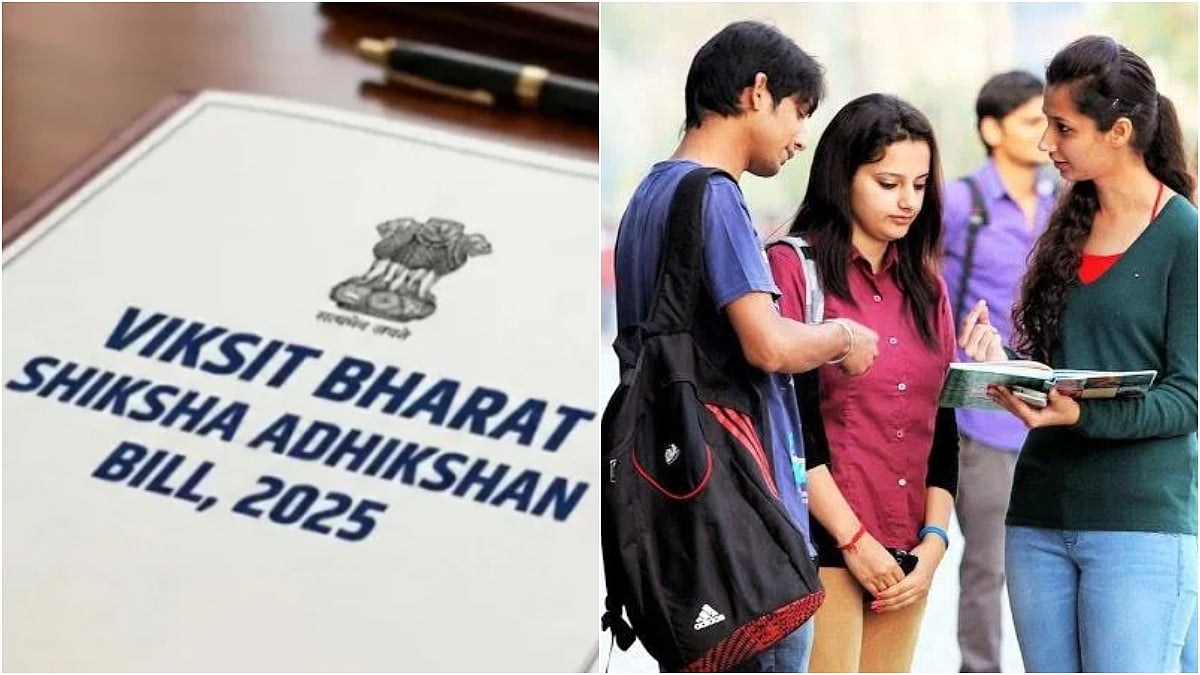The latest meeting of the Goods and Services Tax (GST) Council deserves to be remembered as one of the most productive in recent years. Ministers representing 31 states and Union Territories were in attendance, and though the session was scheduled for two days, the Council managed to complete its business in just one. That efficiency was no accident.
Careful preparatory work by committees, coupled with a political will to deliver on the Prime Minister’s Independence Day assurance that the GST structure would be simplified before Deepavali, helped the council reach consensus without the need for voting.
For eight years, the GST regime has been marred by the multiplicity of tax slabs—5, 12, 18 and 28 per cent—that confused businesses, consumers, and even administrators. The constant disputes over whether a product fell into the 5 per cent bracket or the 28 per cent bracket generated friction and, at times, litigation.
Now, with the rationalisation of slabs, there will effectively be just two principal rates: 5 per cent for merit goods and 18 per cent as the standard rate. A third slab of 40 per cent will apply only to so-called “sin goods”, such as cigarettes and pan masala, and to super-luxury items like premium cars, large motorcycles, and aerated soft drinks. This is a rational structure, easy to understand and implement.
The simplification will bring tangible benefits to both the consumer and industry. Among the most welcome decisions is the complete removal of the GST on individual health and insurance policies. This step will make essential financial protection more affordable at a time when medical costs continue to rise.
Equally significant is the introduction of an automated refund and regulation mechanism, which trade and industry bodies have already hailed as a breakthrough in easing compliance. By reducing paperwork, delays, and scope for discretion, it promises to end the era of the GST confusion.
The automobile sector, a major contributor to the economy and employment, will also see immediate relief. The reduction of the GST on vehicles below 1200 cc from 18 per cent to 5 per cent is particularly beneficial.
In fact, even larger battery-operated cars will attract only 5 per cent GST, reflecting a deliberate policy thrust toward greener and less polluting mobility. Such incentives could accelerate India’s transition to an EV-driven future, aligning taxation policy with environmental goals.
Critics will point out that these measures are expected to cost the government about Rs 48,000 crore in revenue. However, it would be shortsighted to view this as a loss. Simplification is likely to improve compliance, widen the tax base, and stimulate consumption, thereby compensating for the immediate shortfall.
More importantly, it signals that the government is responsive to the concerns of taxpayers. By reducing complexity, lowering burdens on households, and encouraging environmentally responsible choices, the GST council has delivered reforms that serve both growth and equity.









